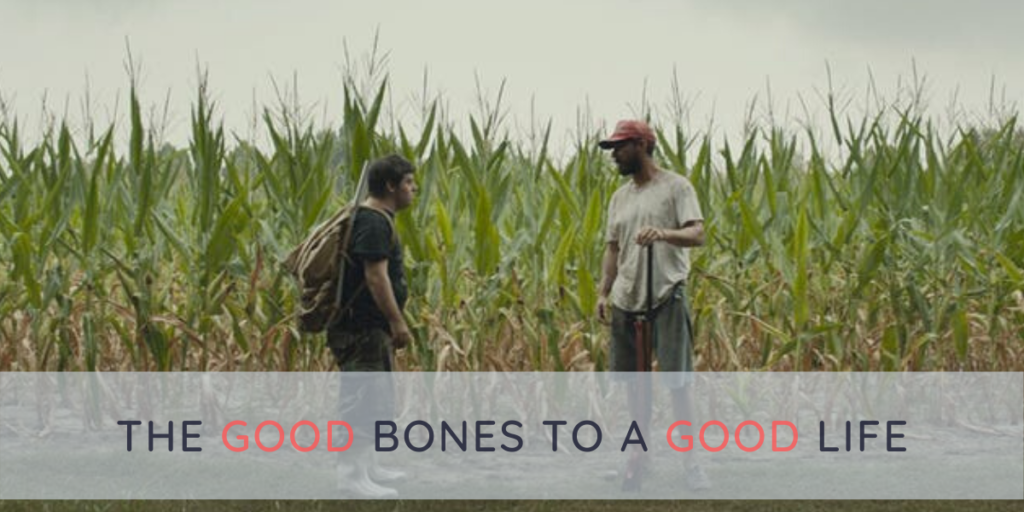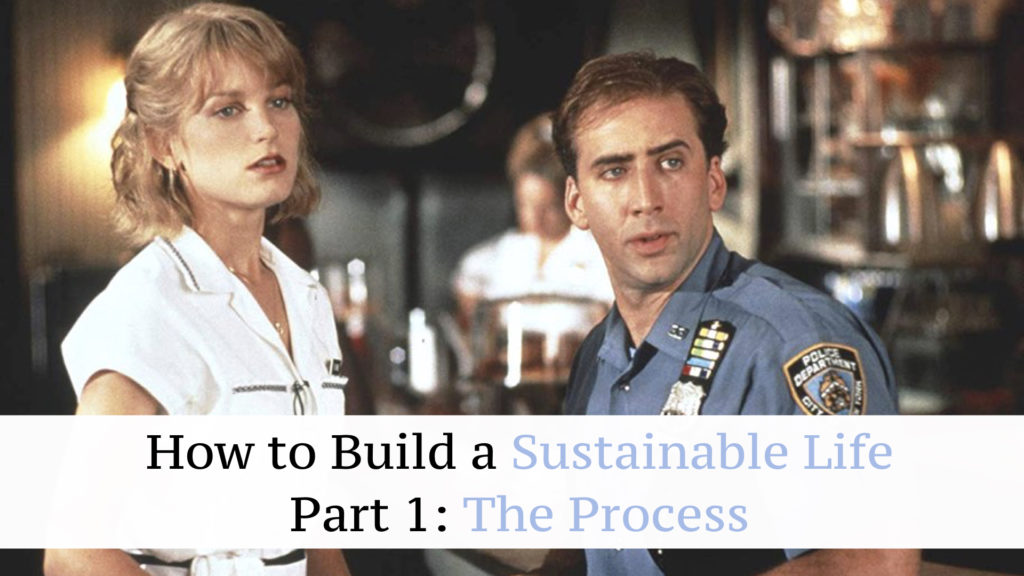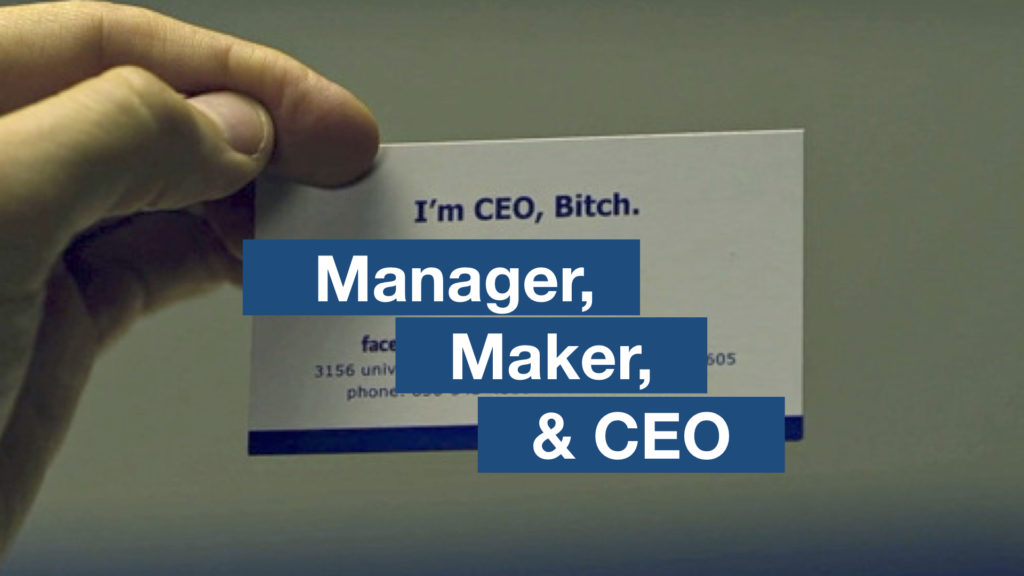“For parents, this is a Shackleton moment.”
This according to Tim Armstrong, CEO of the DTX Company (I’m paraphrasing).
“Your family is frozen in time. You have to spend more time with each other. During this time, I’ve gotten to know my kids 25% better.”
His interviewer, Scott Galloway added:
“You’re going to look back at this time as historic. You hope your kids and family look back on it positively.”
What Tim and Scott are saying is: play offense. Everything we do, we can frame as either offense or defense:









